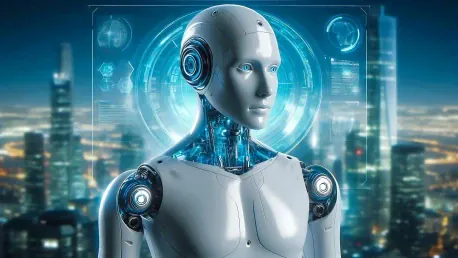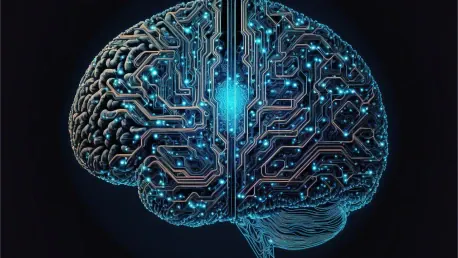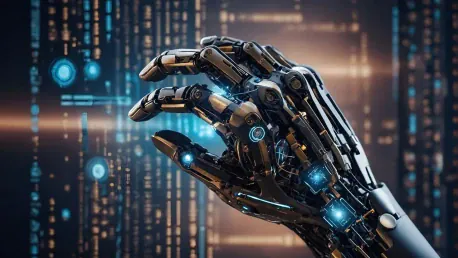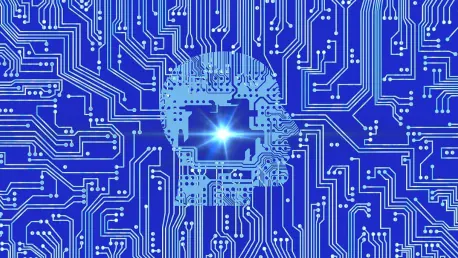
The transformative impact of artificial intelligence (AI) and robotics on the labor market is becoming increasingly evident, particularly in the infrastructure sector. A futuristic scenario, now actualized in China, showcases a fully automated road construction process devoid of human labor. This

HSBC has made a significant investment in TechWolf, an AI-powered skills intelligence platform, reflecting a wider industry trend towards leveraging technology for enhanced workforce capabilities. This move underscores HSBC's commitment to advancing skills intelligence and supporting

The rapid adoption of generative AI, exemplified by tools such as Microsoft Copilot, is heralding a new era in workplace productivity and inclusivity. A recent survey conducted by EY involving 300 individuals from 17 organizations provides compelling evidence of this trend. In fact, 85% of

Before businesses embark on integrating generative artificial intelligence (GAI) into their operations, they must carefully evaluate a range of crucial considerations to ensure safe, ethical, and effective implementation. The adoption of GAI can introduce new risks that impact various stakeholders,

Rapid advancements in artificial intelligence (AI) and robotics have sparked significant concern among workers about potential job displacement across various sectors, with the healthcare industry being a key focus. While some view these technologies as tools to free workers from monotonous tasks,

The Human Resources (HR) field has always been a dynamic and evolving landscape, with the integration of technology, particularly Artificial Intelligence (AI), significantly transforming HR practices in 2024. However, despite these advancements, one pervasive challenge remains: has HR effectively